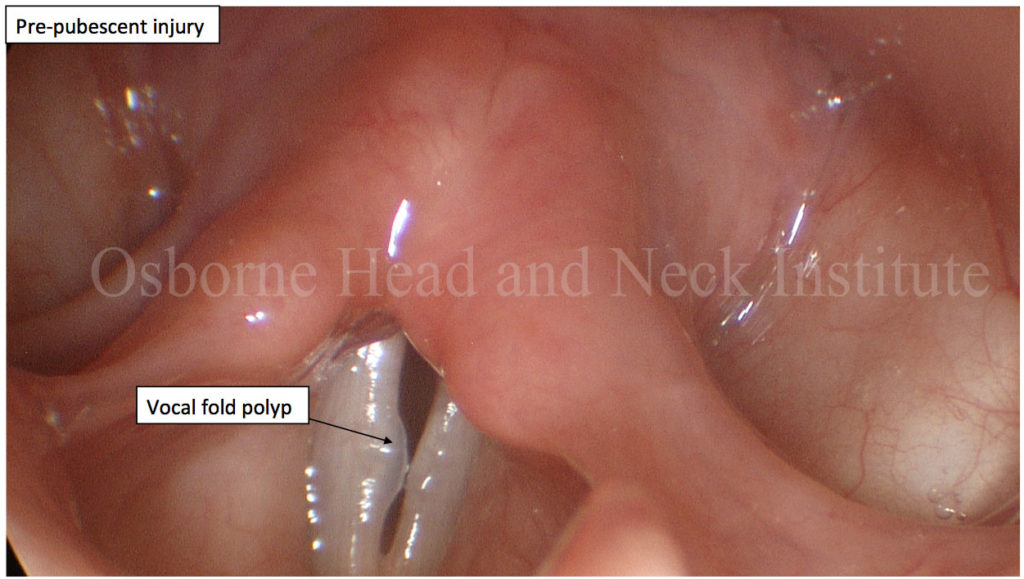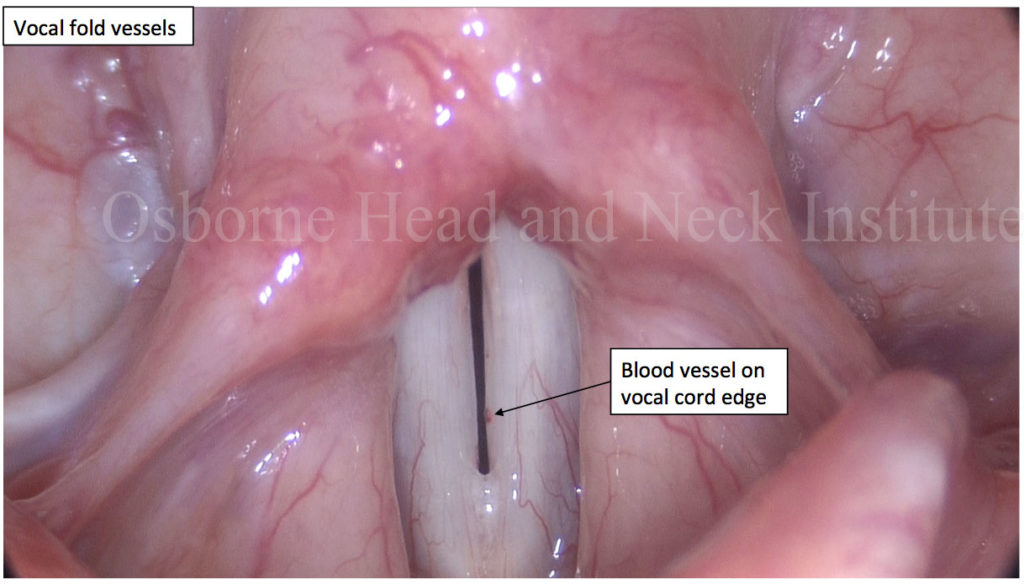- Question: How do the ingredients in e-cigarettes and vaporizers affect respiratory health? - August 16, 2019
- Bad Technique and Vocal Injury - January 9, 2019
- Is Edible Marijuana Dangerous for the Voice? Myths Dispelled - December 18, 2018
- Surprise! You have a hemorrhage - January 31, 2018
- Graves’ Disease: Treatment Overview - September 25, 2017
- Adele and the Stigma of Vocal Injury - July 11, 2017
- Vocal Curbside Consult: How does the thyroid affect the voice? - May 16, 2017
- Vocal Curbside Consult: How do hormones affect the voice? - May 3, 2017
- Vocal Curbside Consult: How do emotion and stress affect the voice? - April 17, 2017
- Vocal Curbside Consult: Vocal Recovery After Illness - April 7, 2017
Every week, Dr. Reena Gupta asks the voice community to pose their questions about voice and vocal health. One question is chosen weekly to be answered in depth. If you would like to receive updates on Vocal Curbside Consult, please follow Dr. Gupta on Facebook: https://www.facebook.com/profile.php?id=100007842967320
Q: How do hormones affect the voice? Specifically what the effect of birth control, monthly changes and post-menopausal hormone replacement therapy?
A: The female body experiences numerous hormonal changes over a lifespan. There is the monthly cycling that most are familiar with. Because the singer spends most of her productive years in this phase, there is more known about voice effects while a singer is post-pubescent but pre-menopausal. However, there is much to be said about the hormonal effects of puberty and menopause as well. The topic is extremely expansive but appreciating that hormones affect the voice, sometimes dramatically, may allow a singer to appreciate the variability she is experiencing.
Puberty
Female voice change during puberty is underappreciated given the more dramatic changes that occur in males. Females voices take around 4 years to fully mature. Growth spurts will also significantly affect the size and shape of the vocal tract. These change are responsible for the audible difference between the pre-pubescent, childish girl and the resonant sound of a girl who has gone through puberty. Although the degree is less significant than that seen in young men, a young woman’s vocal folds lengthen during puberty as well. The lengthening may be uneven, resulting in difficulty with closure and resultant breathiness. This can make singing effortful. This stabilizes towards the end of puberty and closure improves but during this time, the growing female singer may be particularly prone to injury, suggesting the importance of careful voice use. The facial skeleton also develops, altering resonance and resulting in a more adult voice.

Menstrual cycle
Throughout the menstrual cycle, there are significant hormonal shifts. These are accompanied by voice changes at each phase. The cycle begins with the follicular phase (menstruation through ovulation), in which estrogen levels are the highest and progesterone is lower. Elevated estrogen causes dilation of the nasal blood vessels, which can alter resonance. This also happens during pregnancy, resulting in a ‘congested’ sound. Estrogen causes vocal fold swelling and increased blood flow. Vessels can dilate, and result in hemorrhage. However, this is only detectable with videostroboscopy performed by a skilled laryngologist. A general ENT scope will miss these susceptible vessels.

The luteal phase that follows is marked by greater hormonal instability, with a rise in progesterone. Secretions may be more viscous/thick due to progesterone effects.
The premenstrual phase is marked by high estrogen and vocal fold swelling. Swelling results in increased difficulty with high pitch phonation, inaccurate tone, and increased risk of submucosal vocal fold hemorrhage. Intricate passages requiring rapid pitch changes are also more difficult. It is thought this is why European opera houses granted “grace days” to female singers during this part of their menstrual cycle. Indeed, up to 40% of women experience premenstrual dysphonia (premenstrual voice issues). Voice quality and stability is improved among those who are on the birth control pill.
Menopause/Aging
Menopause is a complex hormonal event, marked by an androgen (male hormone) effect, and decreasing levels of estrogen and progesterone levels. The androgen effect can cause deepened voice and irreversible masculinization, though mild. Further, menopause is compounded by the effect of aging. The vocal folds thin as we age and, in women, this causes a drop in the pitch of the speaking voice.
Hormone replacement therapy (HRT) seems to prevent the lowering of speaking pitch by about 14 Hz (1.3 semitones). Both the non-HRT and the HRT voice still fall within the range of female speaking pitch. However, the non-HRT population gets closer to the cutoff for gender ambiguity. Women with a higher BMI also stave off these effects as estrogen is produced by fat.
There is clearly still much to learn about the effects of hormones on the voice. However, recognizing the issues described can help reduce the risk of injury.



